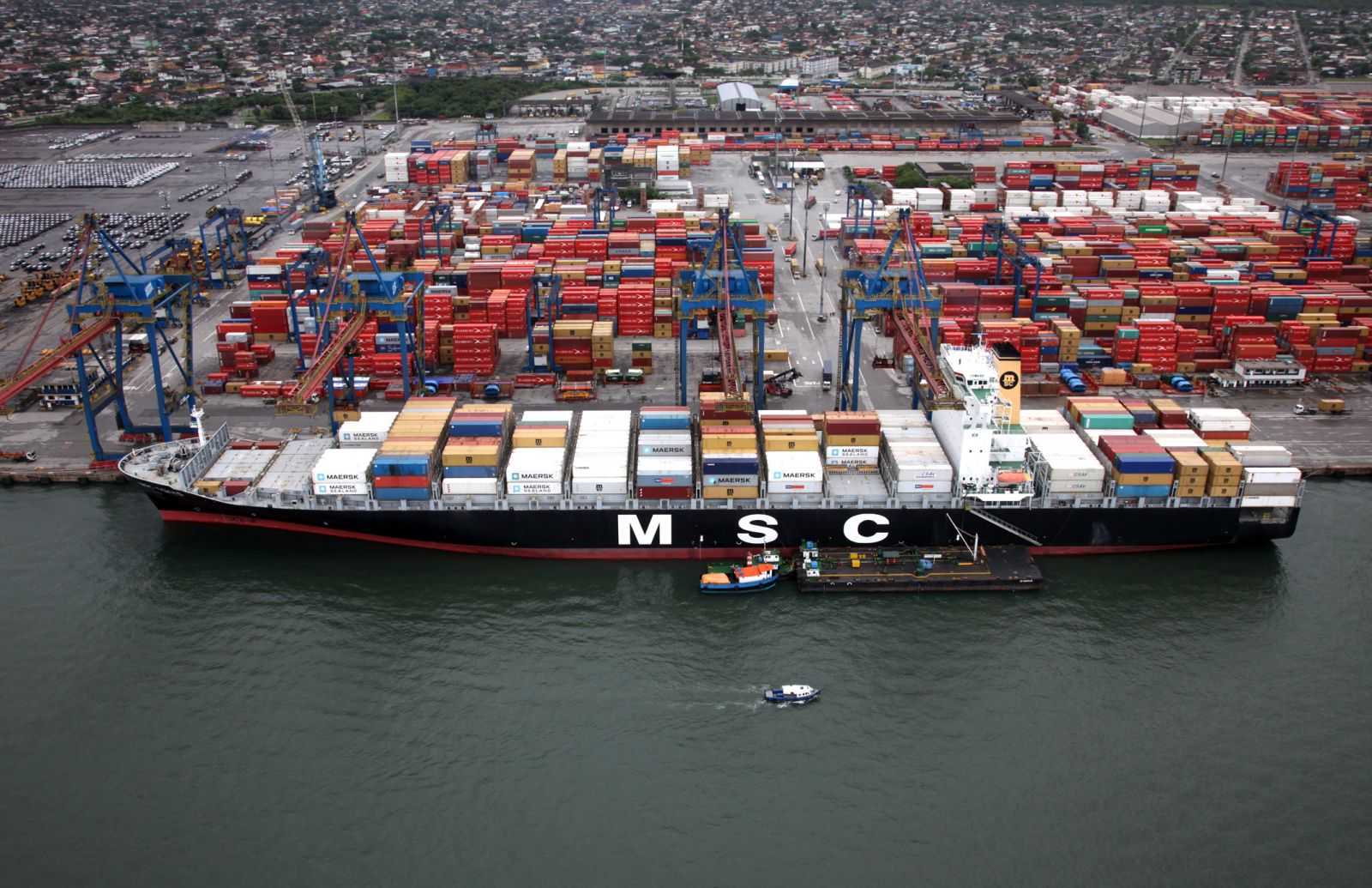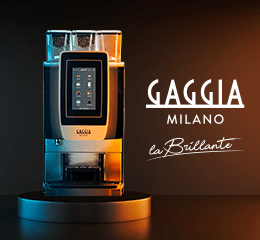SANTOS, Brasil – The port of Santos has increased its market share of Brazil’s coffee exports to a new record-high of 87.1 percent in the first half of 2017. This equals to 16.9 million bags, or 1 million tonnes or 36,722 TEU.
The port is on track on track to ship 76,000 TEU of java by the end of the year, as second half exports are always greater than first half figures, usually by an extra 1.5 million bags, or 4,000 to 5,000 TEU.
Rio de Janeiro was the second-largest port for Brazilian coffee exports in the second half, with a share of 9.2 percent, followed by Paranagua with 1.5 percent, according to the Brazilian Coffee Exporters Council (CECAFE).
The United States is the largest destination for Brazilian coffee, importing 6.4 million bags, or 21,333 TEU, which makes up 19.5 percent of Brazil’s total coffee exports, according to CECAFE.
Germany was second, with 19,300 TEU, or 17.9 percent, followed by Italy with 9,666 TEU, or 9.1 percent, Japan with 7,667 TEU, or 7.1 percent, and Belgium, with 6,333 TEU, or 5.9 percent.
The market share gains came, while Brazilian coffee exports fell 8.4 percent to 19.4 million bags, or 1.2 million tonnes, according to CECAFE.
Coffee export traffic at Santos declined 2 percent year over year, but that was a slower rate of decline than that recorded at other coffee-exporting ports such as Rio de Janeiro, Paranagua, and Itaguai.
Nelson Carvalhaes, the president of CECAFE, said logistics at the port of Santos have improved significantly in recent years, although there was still room for improvement, especially with road access.
Those improvements will become all the more critical given the performance of Brazilian coffee exports in recent years and expectations of growth.
Brazil exported 37 million bags in 2015 and 36.4 million bags in 2014, and the forecast for the whole of 2017 is now for between 32 million and 33 million bags of coffee.
Rob Ward














